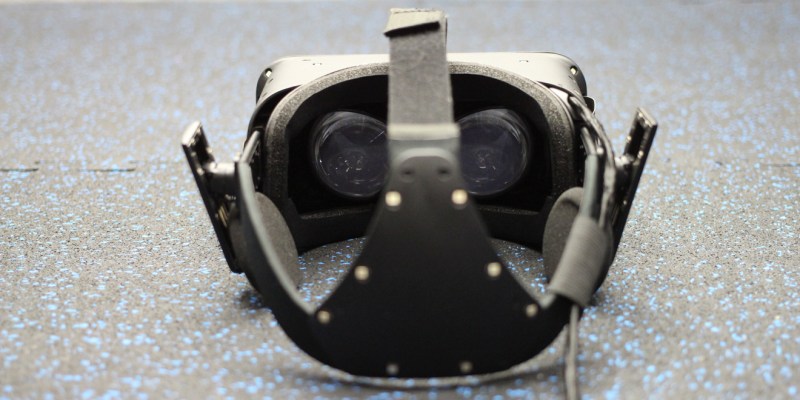Researchers at Stanford are breaking new ground in psychiatric uses of virtual reality (VR), applying the technology to help patients suffering from mental illnesses such as phobias, obsessive compulsive disorder (OCD) and body image issues.
VR uses computer technology to simulate physical environments, sights, sounds and other sensations to make the computer images seem more “real.”
“In illnesses such as OCD, a patient faces situations such as contamination fear,” said professor of psychiatry Elias Aboujaoude. “VR provides a convincing atmosphere so the patient can expose themselves to the stimulus and gradually become desensitized to this fear.”
Aboujaoude has researched VR technology platforms both in the United States and abroad. He tracks the progress of various psychiatric therapies, including VR, and tries to examine why certain technologies progress and why other technologies fail.
He said VR could be effective and may equalize access to therapies if it becomes more commonplace, although he acknowledged that the technology is not yet universally available. According to Aboujaoude, VR is also still hindered by perceptions that it is primarily associated with video games.
Researchers at Stanford are also exploring VR in therapy and its implications. Kim Bullock, director of Stanford’s Neurobehavioral Clinic and the Virtual Reality & Immersive Technologies (VRIT) program, sees VR as a technology that will become more commonplace. She hopes to expand VR psychiatry therapy through her program’s focus on research, teaching and treatment.
“The unique aspect of VR is that the patient is in an immersive and interactive experience, so the patient probably gets more out of it,” Bullock said. “This contrasts with traditional therapy methods, in which the therapist may be explaining something, but the patient may forget it.”
Recently, Stanford hosted the third annual “Innovations in Psychiatry and Behavioral Health: Virtual Reality and Behavior Change” conference, where presenters displayed their VR projects. Bullock said she appreciated the event’s emphasis on showcasing the immersive nature of VR rather than just featuring lectures on the topic.
Bullock said there is an unmet need in VR to develop best practices on how to use the technology. She is currently developing a psychotherapy VR training program to teach physicians how to to perform psychotherapy using VR correctly.
“I see VR revolutionizing care, but first we must regulate the technology to make it safe,” she said. “We must not have monetizing industries making these decisions hastily and not thinking deeply about potential risks.”
Contact Fan Liu at fliu6 ‘at’ stanford.edu.
